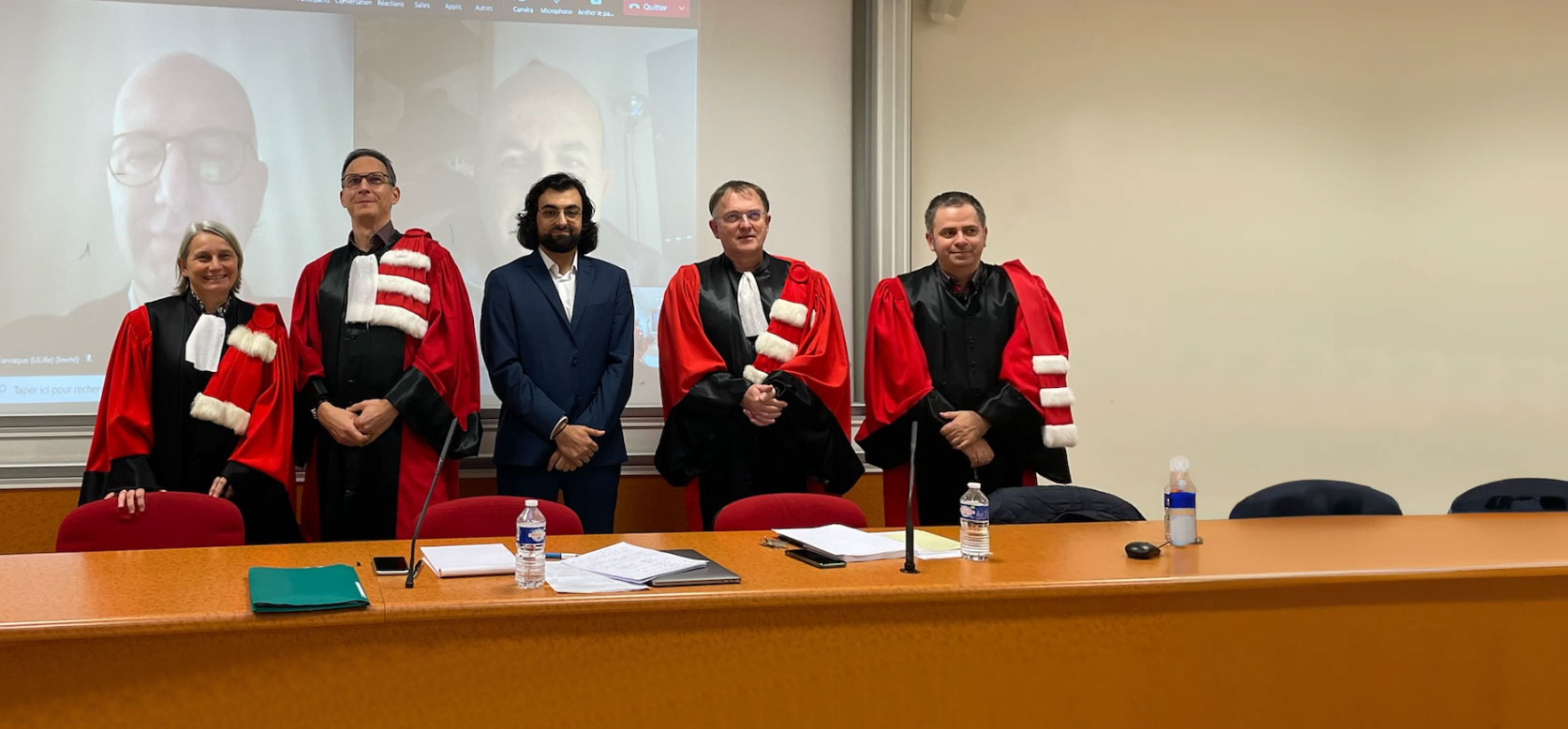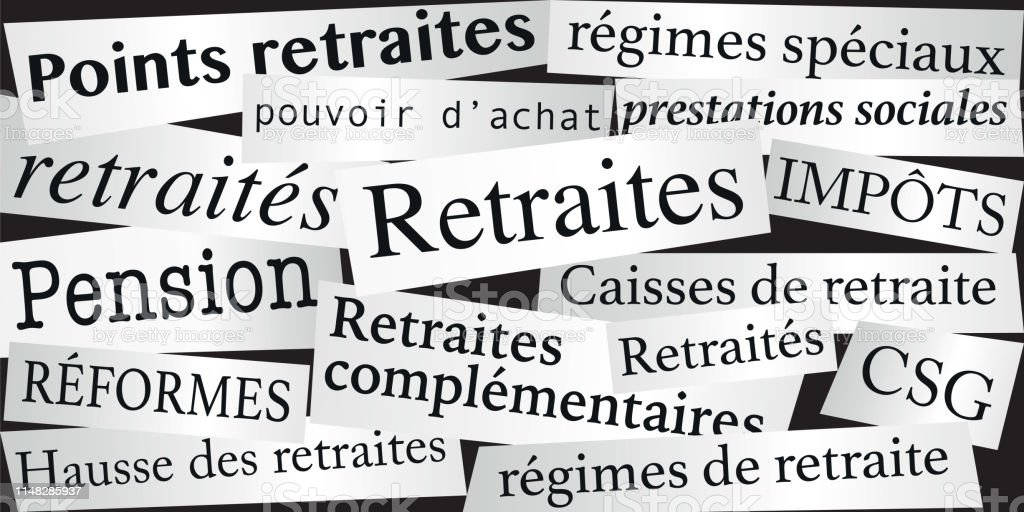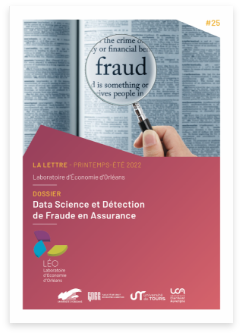


The members and president of the jury warmly congratulate Hugo ORIOLA for his brilliant thesis defense which focuses on the direct or indirect impact of the actions of the central bank on the outcome of the elections.
Why is it so difficult to reform pensions in France? A reflection by Anne Lavigne, Professor of Economics at the LÉO and Advisor to the COR from 2016 to 2022
Economy in Orléans: the LEO and the future university campus will open on the Porte-Madeleine site in September 2025

The Orléans Economics Laboratory is a host team at the University of Orléans.
It has about a hundred members, whose research covers three main areas of expertise:
Lab news
Public Health as a Buffer for FDI: The Role of Healthcare Services in Economic Stability
Zahra Khalilzadeh Silabi
2026
Sustainable Multi-Manager Portfolio Optimization under Factor Model Uncertainty
Benoit Begoc, Christophe Boucher, Patrick Kouontchou, Sessi Tokpavi
Journal of portfolio management - 2025-12-31
Starting a Non-Farm Enterprise to Escape Energy Poverty: Household Level Evidence from Rural West Africa
Moustapha Mounmemi, Arouna Kouandou
The Journal of Development Studies - 2025-12-01
Revisiting 15 years of unusual transatlantic monetary policies
Jose Garcia Revelo, Grégory Levieuge, Jean-Guillaume Sahuc
Journal of International Money and Finance - 2025-12
Secularity and migration aspirations in the Arab world
Hajare El Hadri, Réda Marakbi
World Development - 2025-12
The effects of population health on political risk
Ayoko Charlotte D’almeida Mannko, Ludé Djam’angai, Eric Fina Kamani
European Journal of Political Economy - 2025-12
Public Health as a Buffer for FDI: The Role of Healthcare Services in Economic Stability
Zahra Khalilzadeh Silabi
2026
Effects of International Climate Agreements on Trade in Environmental Goods: The Kyoto Protocol
Ben-Vieira Kouassi
2025-10-14
Volatility during the Global Financial Crisis and COVID-19 pandemic through the lens of high-frequency data: a Realized GARCH approach
Denisa Banulescu-Radu, Peter Reinhard Hansen, Zhuo Huang, Marius Matei
2025-10-12
A tool for economists to make the search for conferences and special issues more efficient and transparent
Jean-Charles Bricongne, Diyar Can, Marwan Menaa, Guillaume de Rouville, Janna Bengouirah, Ismaël Fall
2025-08-25
La réforme des fonds de pension aux Pays-Bas : état des lieux et prospective
Anne Lavigne
2025-06-25
Optimal Green Policy-mix
Lise Clain-Chamosset-Yvrard, Nicolas Clootens, Daria Onori
2025-03-11

